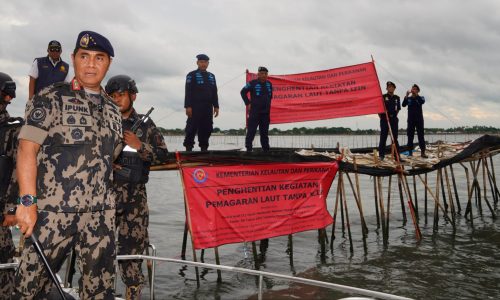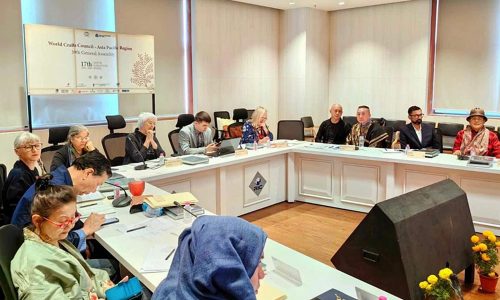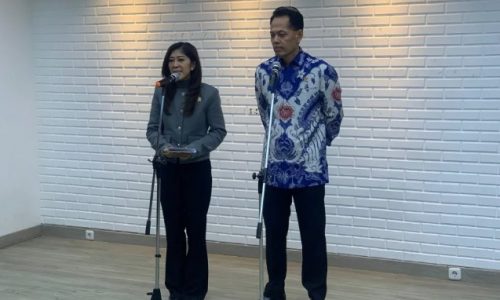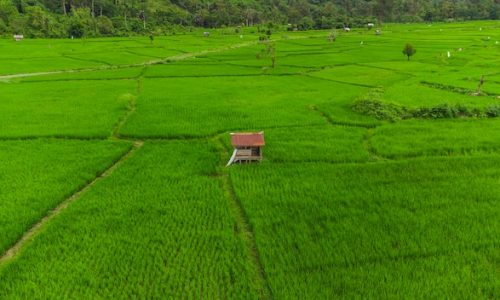The National Standardization Agency of Indonesia (BSN) has issued four Indonesian National Standards (SNI) related to carbon capture storage (CCS) technology aiming at reducing the greenhouse gas effects.
“SNI CCS is adopted from ISO, essentially aiming to minimize greenhouse gas effects, especially carbon dioxide,” BSN chief Kukuh S. Achmad said on Friday, January 12, 2024.
He mentioned that the establishment of these four standards is part of BSN’s commitment to creating a sustainable business climate that moves away from fossil energy use. Although there is controversy surrounding CCS, with some seeing it as a potential greenwashing tactic by companies, Kukuh emphasized the need to support any efforts to reduce greenhouse gas emissions.
“It’s not as easy as turning the palm of our hand, considering our roadmap for zero carbon emissions by 2025 is still at 23 percent, and even that is not fully achievable. Therefore, we must support any efforts to reduce greenhouse gas emissions,” he stated.
The four CCS standards set by BSN in 2023 are as follows:
- SNI ISO 27914:2017 – Carbon dioxide capture, transportation, and geological storage – Geological storage
- SNI ISO/TR 27915:2017 – Carbon dioxide capture, transportation, and geological storage – Quantification and verification
- SNI ISO/TR 27918:2018 – Integrated project life cycle risk management for carbon dioxide capture.
- SNI ISO/TR 27923:2022 – Carbon dioxide capture, transportation, and geological storage – Injection, infrastructure, and monitoring operations.
Earlier, the Coordinating Ministry for Maritime Affairs and Investment emphasized Indonesia’s strategy to become a hub for carbon capture and storage (CCS).
Indonesia aims to be at the forefront of the green industry era, leveraging its potential storage capacity of 400 to 600 gigatons of CO2 in depleted reservoirs and saline aquifers. This capacity could accommodate national CO2 emissions for 322 to 482 years, assuming a peak emission of 1.2 gigatons of CO2-equivalent by 2030.
“In the effort to achieve net-zero emissions by 2060, Indonesia is ambitious in developing CCS technology and forming a CCS hub. This initiative will not only accommodate domestic CO2 but also seek international cooperation,” said Jodi Mahardi, Deputy for Maritime Sovereignty and Energy at the Coordinating Ministry for Maritime Affairs and Investment.
The target of zero carbon emissions is part of Indonesia’s contribution to international Sustainable Development Goals (SDGs) to prevent global temperature from rising above 1.5 degrees Celsius.









